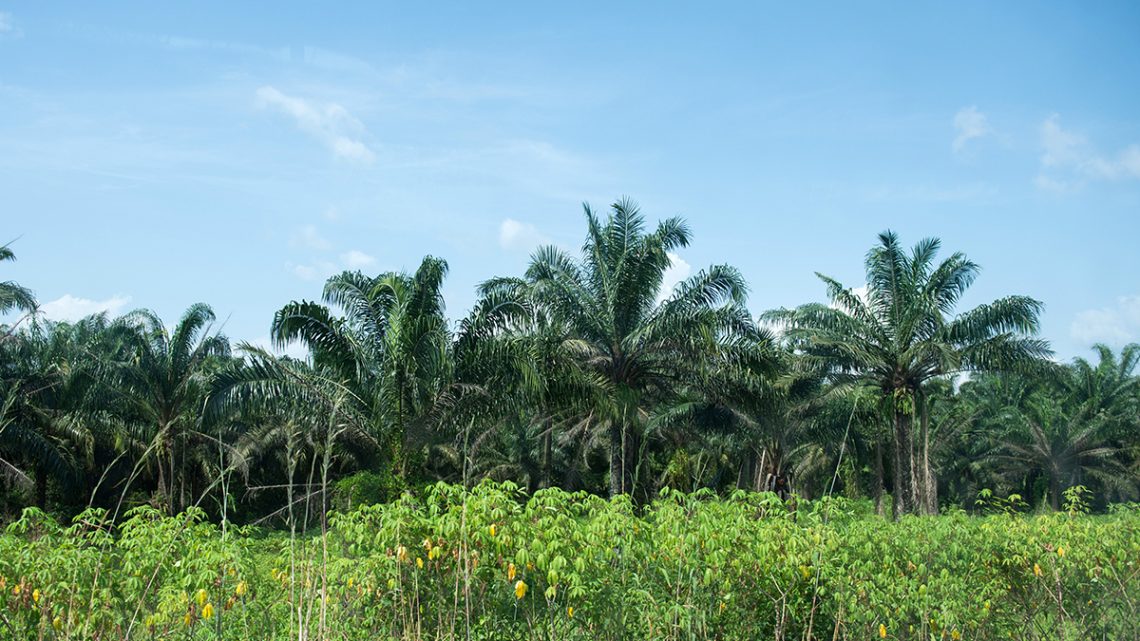Christine Allen Director of the Church's aid and development agency, CAFOD, describes Fratelli tutti' as "a radical blueprint for a post-coronavirus world."

Fratelli tutti’, a letter addressed to all people, praises the togetherness shown by society during the Covid-19 crisis.
But the Pope warns that a fragmented global response risks creating a “setback” on the journey to building a fairer world.
Francis argues in the encyclical that politics should be “re-evaluated” to focus on serving the common good, not economic interests.
The document – which also addresses conflict, racism and the situation faced by refugees and migrants – was signed by the Holy Father at St Francis’s chapel in Assisi, the day before its publication on the saint’s feast day on 4 October 2020.
Christine Allen, Director of CAFOD, said:
“Pope Francis is unflinching in his message: politics is failing the poor and it is shameful that political decisions are made that plunge people further into poverty, suffering and despair.
“In the beginning, the coronavirus showed us that we could come together, and recognise that what affects one of us, affects us all. But Francis condemns the rush to return to politics ‘as normal’– one of self-interest and indifference to the plight of those left behind.
“This is a message not just to Catholics, or people of other faiths. It is to everyone.”
The encyclical on human fraternity follows a series of teachings – or ‘catecheses’ – given by the Pope during his general audiences in August and September which has focused on rebuilding a more just world after the pandemic.
Fratelli tutti‘ is the first encyclical published by Pope Francis since his letter on care for our common home, Laudato Si’, and continues themes from other documents by the Pope, including the ‘apostolic exhortation’ Evangelii Gaudium.
Christine Allen said:
“Pope Francis’s message is clear: we cannot just switch on the reset button and go back to ‘normal’.
“This encyclical is a radical blueprint for a post-coronavirus world. Now is the time to change the framework of our economic systems, through debt relief for the poorest countries, the reduction of inequality, and investment in local, green sustainable economic development.”